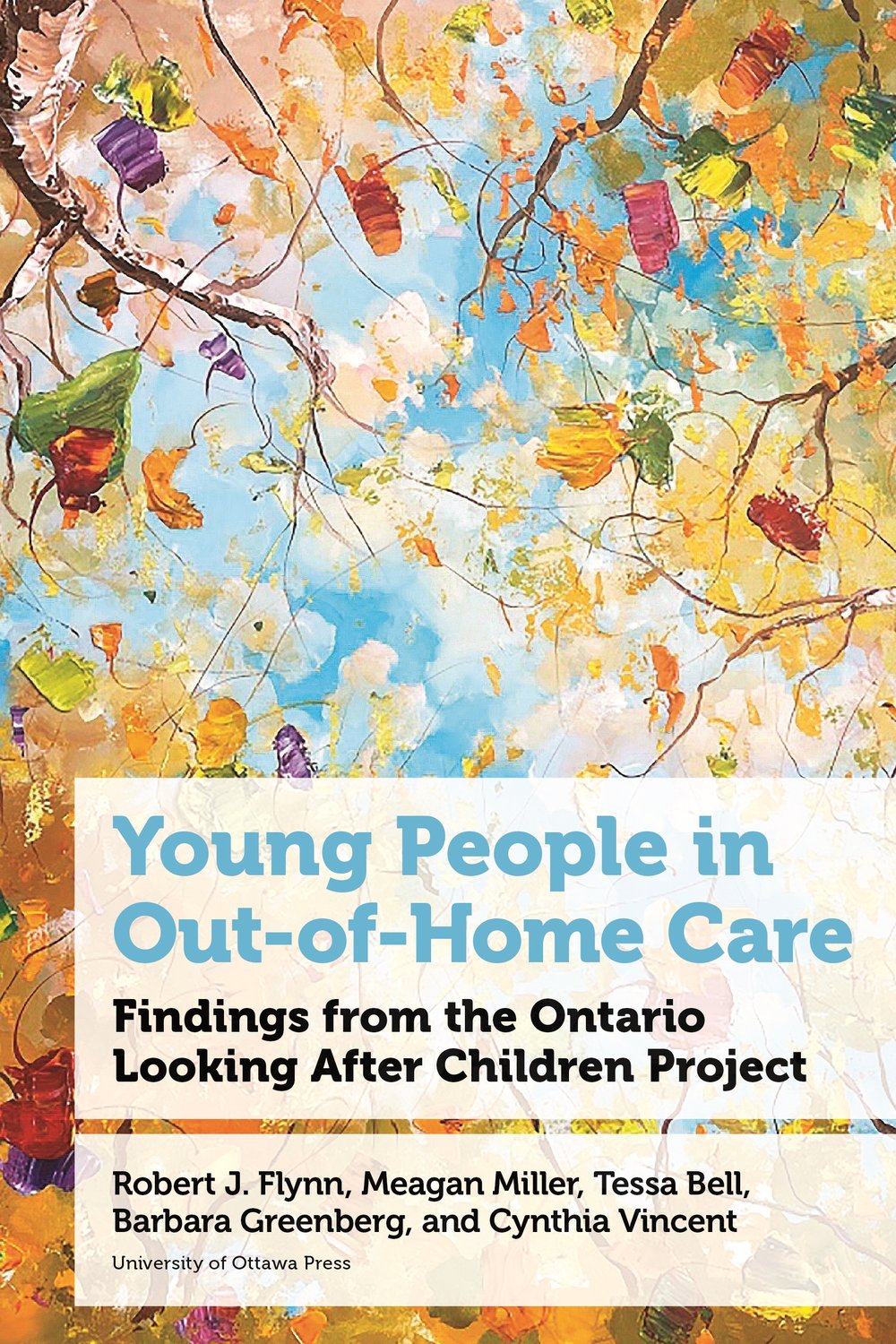The Evolved Self
Mapping an Understanding of Who We Are
There is a self-help industry built on the notion of becoming the person “we were meant to be,” but what is the self at the core of such striving?
The Evolved Self: Mapping an Understanding of Who We Are answers this fundamental question by drawing on philosophy, psychology, various cultural traditions, and original research. The resultant method of mapping the self may revolutionize psychotherapy. The self, which is core to such concepts as self-esteem and self-actualization, is mapped using elemental units of culture called memes. To understand this self, we draw on Western philosophy, major schools of psychology, and the cross-cultural experience of the self in both collectivist and individualist cultures. With this grounding a diverse sample of eleven selves representing three genders are mapped, analyzed, and grouped in the following clusters:
1) North American selves built through participation in sports;
2) Selves centred on notions of North American aboriginality;
3) Selves of individuals following a secular humanist paradigm; and
4) Selves from China and Russia.
Two methods of self-mapping are described. The results support a hypothesis that a healthy or functional self is composed of fundamental elements including constancy, volition, uniqueness, productivity, intimacy, and social interest. The application of this research and the method of self-mapping to counselling and psychotherapy are explored. A disciplinary paradigm is proposed uniting major schools of psychotherapy. This work will be of interest to philosophers, psychologists, social workers, sociologists and all who have wondered how they come to define themselves in the ways that they do.
Lloyd Hawkeye Robertson is Lead Psychologist, Collaborative Centre for Justice and Safety at the University of Regina, and holds a PhD in Counselling Psychology. He has had a private clinical practice for the past forty years. He has published on the structure of the self, the use of prior learning assessment in self-construction, self-mapping in therapy, memetic mutations in religious transmission, residential school syndrome as a form of post-traumatic stress disorder, free will and psychotherapy, mind viruses, and male stigma.


